The Department of Silviculture and Forest Management at the College of Agriculture and Natural Resources (CANR), in collaboration with the University of Oxford, has organised a 3-day seminar aimed at deepening understanding of political ecology across disciplines.
Dubbed Next Generation of Political Ecology, the seminar brought together students, researchers, and practitioners from diverse academic backgrounds to explore how power relations influence access to and control over natural resources.
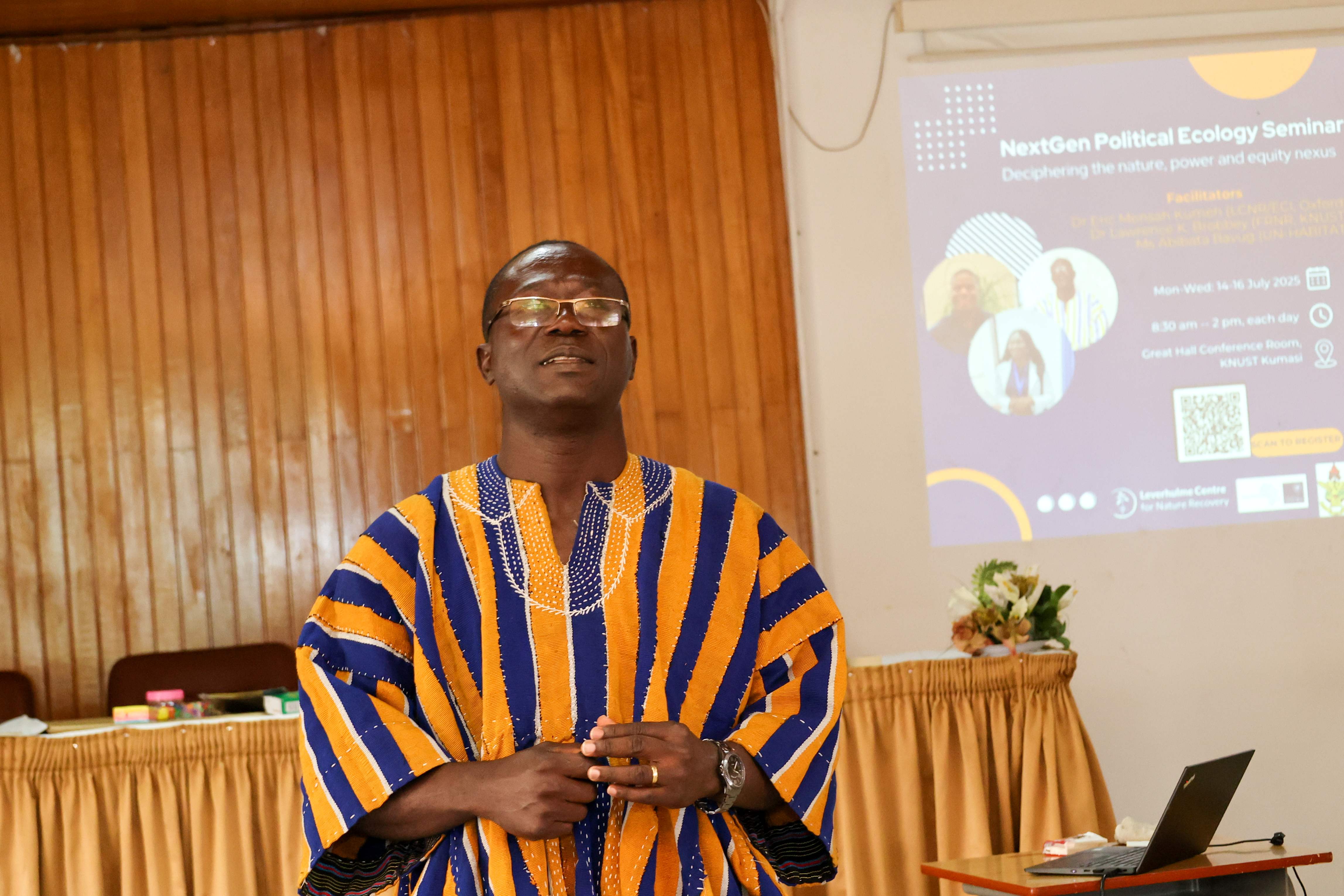
Speaking at the event, Dr. Lawrence Kwabena Brobbey, Senior Lecturer and coordinator of the seminar explained the significance of political ecology beyond traditional academic boundaries.
“We've realized that although political ecology is taught at our master’s level, it is relevant to every discipline. It’s not confined to a specific field. We borrow ideas from geography, social science, anthropology, and even the natural sciences,” he said.
“At its core, political ecology is about power, how people gain or are denied access to resources. Understanding this, especially in the context of management decisions, helps us interpret how different groups may react to changes in environmental governance.”
He highlighted the importance of policy responses, particularly in addressing environmental damage linked to political decisions and weak governance.
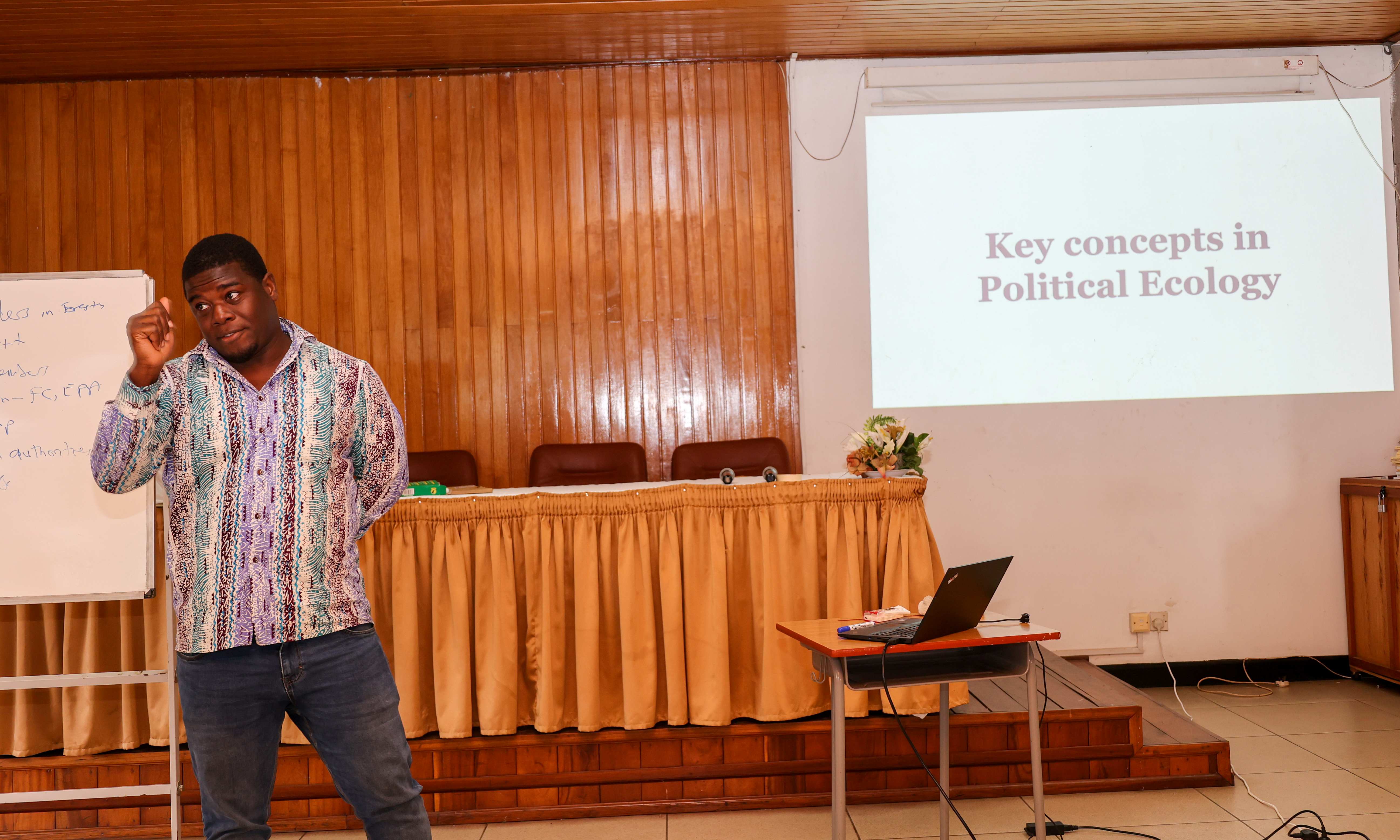
Dr. Eric Mensah Kumeh from the University of Oxford’s Leverhulme Centre for Nature Recovery stressed the role of power in shaping environmental outcomes.
“Power really influences not just how we interact with our environment, but also how we share in the benefits, or disbenefits of that environment,” Dr. Kumeh noted. “There’s growing attention on climate change, and we see its effects even in our work with cocoa farmers. Cocoa is dying due to excessive heat, among other factors.
“What political ecology enables us to do is go beyond surface-level analysis and examine who the powerful actors are, what decisions they make, and how those decisions impact resource access and use.”
He revealed that one of the core goals of the Next Gen Political Ecology Seminar is to identify and mentor young talents who can pursue research in this area.
“With this initiative, we aim to provide long-term mentorship, open avenues for co-supervised dissertations, and foster a deeper, more systematic analysis of power in natural resource management.”

Participants welcomed the seminar as timely and impactful.
Clara Abena Mensah Boateng, a Teaching Assistant with the Department of Fisheries and Watershed Management, expressed her enthusiasm.
“I expect that after this seminar, I’ll be able to apply the concepts I’ve learned to my field of study. Political ecology can be applied across different areas. Even if I branch out from fisheries to other sectors, the knowledge I’ve gained here will remain useful.”
Anita Asantewa-Appiah Agyei, a participant from PACT Ghana, an NGO, highlighted the personal relevance of the seminar.
“This seminar is very dear to me because I’m passionate about promoting sustainable development through community-based political solutions. As a project associate at PACT, I support initiatives focused on environmental sustainability, youth empowerment, livelihoods, climate resilience, and stakeholder engagement.”
Daniel Opuni, an MPhil student in Natural Resources and Environmental Governance, also reflected on the seminar’s value.
“I came to this seminar because it promises so much. I intend to make the most of it and equip myself with all the knowledge I need to prepare for my thesis next year.”
The seminar was sponsored by the Oxford Africa Initiative.

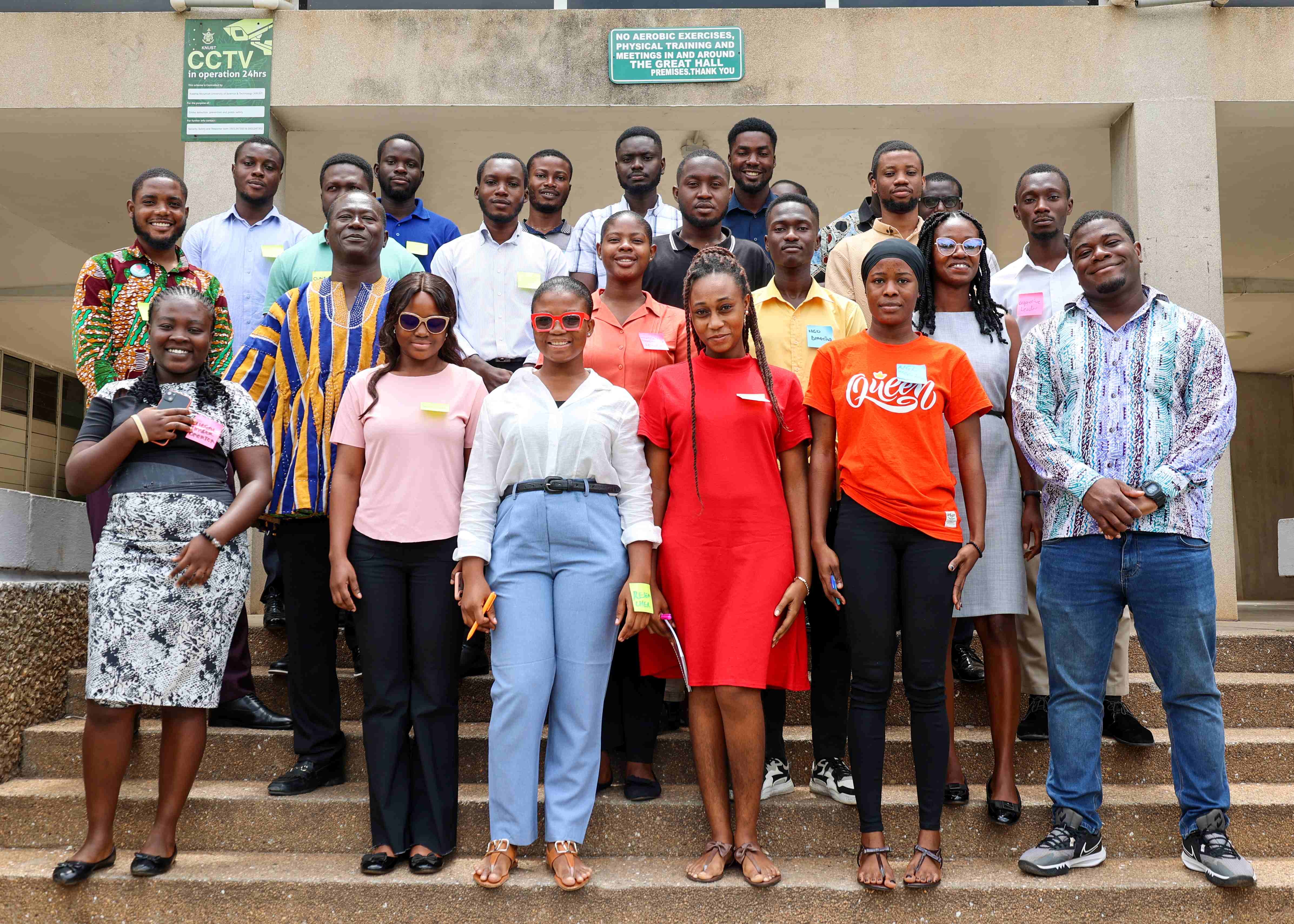
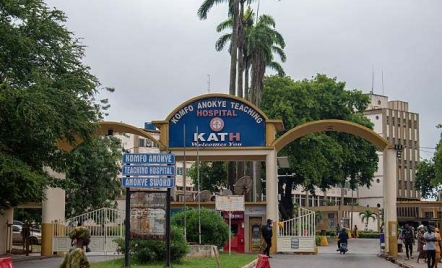
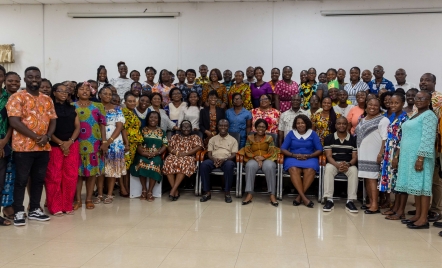

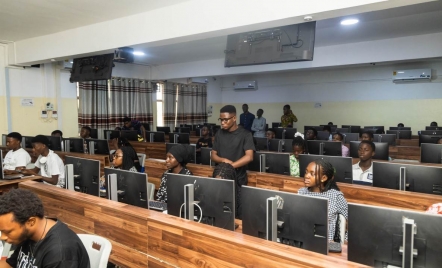
Comments